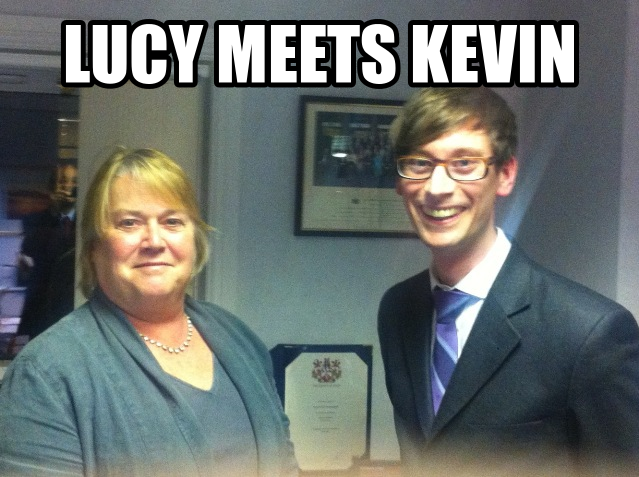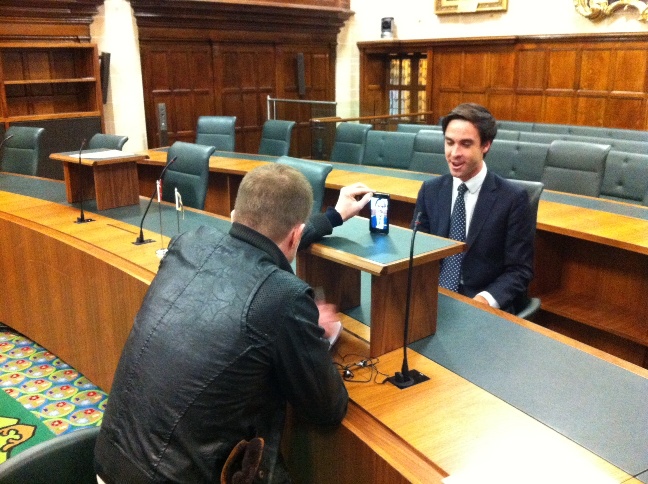Over Christmas, the announcement by minister for skills Matthew Hancock that school-leavers students will soon be able to become lawyers grabbed the national headlines.
At first, I assumed newspapers' enthusiasm for the story was based on the traditional festive lull. After all, only a few months earlier Hancock's colleagues in government had announced that they are to fund 750 new higher legal apprenticeships via a £1m investment.
Then I spotted the difference between the two pieces of news: Hancock was talking about training apprentices up as solicitors, while the apprentices whose funding was earmarked over the summer will become legal executives. I sense a storm brewing...
Of course, these days the distinction between legal executives and solicitors is less meaningful than in the past, with the former now able to become partners – a route that was closed to them until 2009 when the Legal Services Act removed the barriers preventing anyone other than solicitors taking ownership rights in law firms.
And, irrespective of that rule change, legal executives can become solicitors if they choose to complete further study (despite not possessing a degree). Not that they necessarily need to, as District Judge Ian Ashley-Smith, the first legal executive to have risen to become a judge without qualifying as a solicitor, proves.
Still, to most people the title of 'solicitor' continues to carry more kudos than 'legal executive'. Accordingly, the Chartered Institute of Legal Executives (CILEX) must be concerned about losing out to Hancock's grand plan – which may appeal more to wannabe lawyers (and the status-conscious firms which hire them). The solicitor-apprentice scheme, which is to be delivered by BPP Law school, is expected to commence in September.
For the moment, CILEX chief executive Diane Burleigh is putting on a brave face and hoping everything will turn out OK – while getting in an early jab against the other side. On Monday she had this to say to The Lawyer about solicitor-apprenticeships: "Whilst there may be financial benefits [for students], what I think will limit take up of this as a route is the length of time it is likely to take to qualify."
Burleigh added: "Certainly some people will be interested in this as an alternative but I don’t see this challenging either what we do or the university degree route."
Hmmm...I'm not so sure.
































